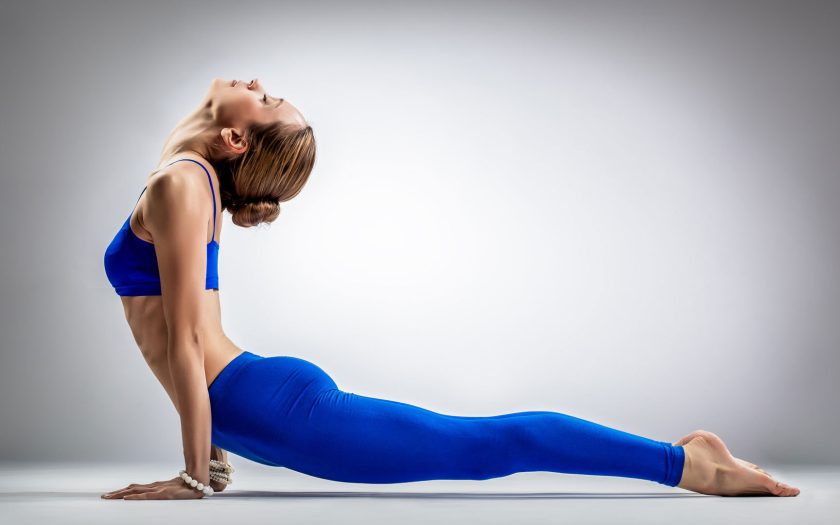Do exercises.
It doesn’t mean you need to do intensive sport immediately after waking up. This can only harm sore joints. It is best to do light exercises according to a plan approved by your doctor. They will help to relax your body and raise your mood without making your condition worse.
You can also do Iyengar yoga. This is an ideal form of activity for arthritis because the practice’s emphasis is on proper body positioning, which protects the joints. This type of yoga focuses on static poses, emphasizing breath work, correctness, and alignment in each pose.
If you do not lead an active lifestyle, start exercising in the morning for at least 3-5 minutes, adding a few minutes every day. Stop if you feel that discomfort increases. If exercise is difficult, you can try to do the exercises without getting up of bed. Gently stretch in the bed and do a few exercises:
- smoothly move your head from side to side, relaxing your neck;
- stretch the joints of the arms — phalanges, wrists, elbows, shoulders;
- stretch your toes, ankles, knees, hips.
Move your joints slowly and carefully, gradually increasing your range of motion.
Use of heat and cold.
Try to put a warm (not hot) heating pad on stiff joints for a few minutes after waking up or taking a warm shower. However, you should not use heat during an exacerbation of the disease — it will worsen your condition.
You can also put ice packs wrapped in a towel on your joints tight. Cold can reduce swelling and relieve joint pain not only in the morning, but at any time of the day. Do not keep the cold compress on for more than 5 minutes. Hypothermia can cause vasospasm, reduce blood circulation and pain can only increase. It is better to apply cold for several times, taking breaks during which the skin has some time to return to normal temperature. All this must be done after consultation with your doctor.
Relaxation practices.
As arthritis can significantly affect on patient’s physical condition, limit his physical activity and usual way of life, you should be very careful to your mental health. Joint stiffness and pain can worsen due to stress. Meditation and breathing exercises can help control this stress.
Meditation reduces the brain’s perception of pain. Explorations confirm that mindfulness calms the brain’s pain centers. Thus, regular morning meditation will help to relieve tension in the joints faster. Massage can also be a relaxation method. It can not only help reduce stress, but also to improve joint function.
Before getting a massage, you should consult with your doctor. And also, inform your massage therapist about your illness and damaged joints.
Explorations show that pain relief may be partly due to increased serotonin production in the brain during and after massage. If you want effective massages, it must be done regularly — at least once a week.
And of course, take your medication regularly. Such drugs as Muvera and Reactin SR not only reduce pain, but also stiffness.

